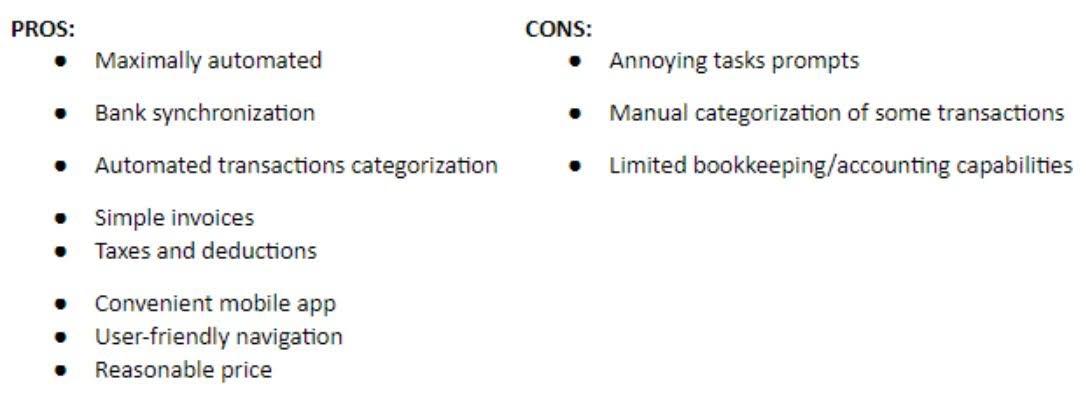
In this section, we will delve deeper into the significance of departmental https://algeagency.com/15-best-sites-to-hire-freelance-certified-public/ expense allocation, providing examples, tips, and case studies to highlight its benefits and offer practical insights. In conclusion, a departmental budget is an important tool used by businesses to manage the financial resources and operations of individual departments or teams. It provides a framework for planning, evaluating and controlling expenses, balancing revenues with expenditures, and allocating funds for specific activities.

Effortlessly manage your budget with the expense management software
The government has made a commitment to protect spending on the NHS, schools and overseas aid. This means that these departmental budgets will not be cut during this government. Resource spending is money that is spent on day to day resources and administration costs. Capital spending is money that is spent on investment and things that will create growth in the future.

Capital budget
- In autumn forecasts, our in-year underspend forecasts are measured against initial plans for the year, as set out in Public Expenditure Statistical Analyses (PESA).
- A positive variance indicates that the department spent less than budgeted, while a negative variance suggests overspending.
- Finally, don’t forget to review and update the departmental budget on a regular basis.
- A well-managed budget allows for continued smooth business operations and growth.
- This close collaboration can help to improve communication channels and foster a greater sense of cooperation between departments.
In conclusion, departmental expense allocation is a crucial aspect of financial management that can greatly enhance accountability within an organization. By assigning expenses to specific departments, businesses can gain better insights into their spending patterns, identify areas of inefficiency, and hold departments accountable for their budgetary responsibilities. DEF Agency, a government organization, implemented a departmental expense allocation system to enhance accountability and transparency in their financial processes. By allocating expenses to specific departments, DEF Agency was able to track spending more accurately, identify potential areas of misuse, and ensure compliance with budgetary guidelines. This case study highlights how DEF Agency successfully implemented expense allocation to improve financial departmental budget accountability.
Translating Strategy into Targets and Budgets

The composition of budgets varies by department, depending on their responsibilities. Using PLANERGY also eliminates overspending by requiring additional approvals on any items that exceed budgeted totals, notifying you when your spending comes close to reaching the previously budgeted amount. At the end of the quarter, you review the budget vs. actual report and realize how far off your budget is from what was originally entered. Any changes to the department, such as the addition of a new employee or an added expense such as replacing computers or other equipment should be noted. Whether you’re creating an operating budget for the entire company or a single department, the strategy remains the same.
for Startups
We call these ‘PSCE in RDEL’ and ‘PSGI in CDEL’, but they can be thought of as resource and capital spending by departments. The Treasury frequently switches items between the DEL and AME control totals, which means it can be difficult to compare spending across years. Ministers are accountable to parliament for all aspects of their department’s performance. But on financial matters, permanent secretaries are directly accountable to parliament in their role as accounting officers. This will help to ensure that, as well as providing the financial structure and information the firm needs, departmental budgets will support broader efforts to achieve business growth and success. This requires a comprehensive understanding of your department’s operations, resources, and goals.
Best Practices for Departmental Budgeting
For example, the Social Security Act requires the government to provide payments to beneficiaries based on the amount of money they’ve earned QuickBooks and other factors. Last amended in 2019, the Social Security Act will determine the level of federal spending into the future until it is amended again. Due to authorization laws, the funding for these programs must be allocated for spending each year, hence the term mandatory.